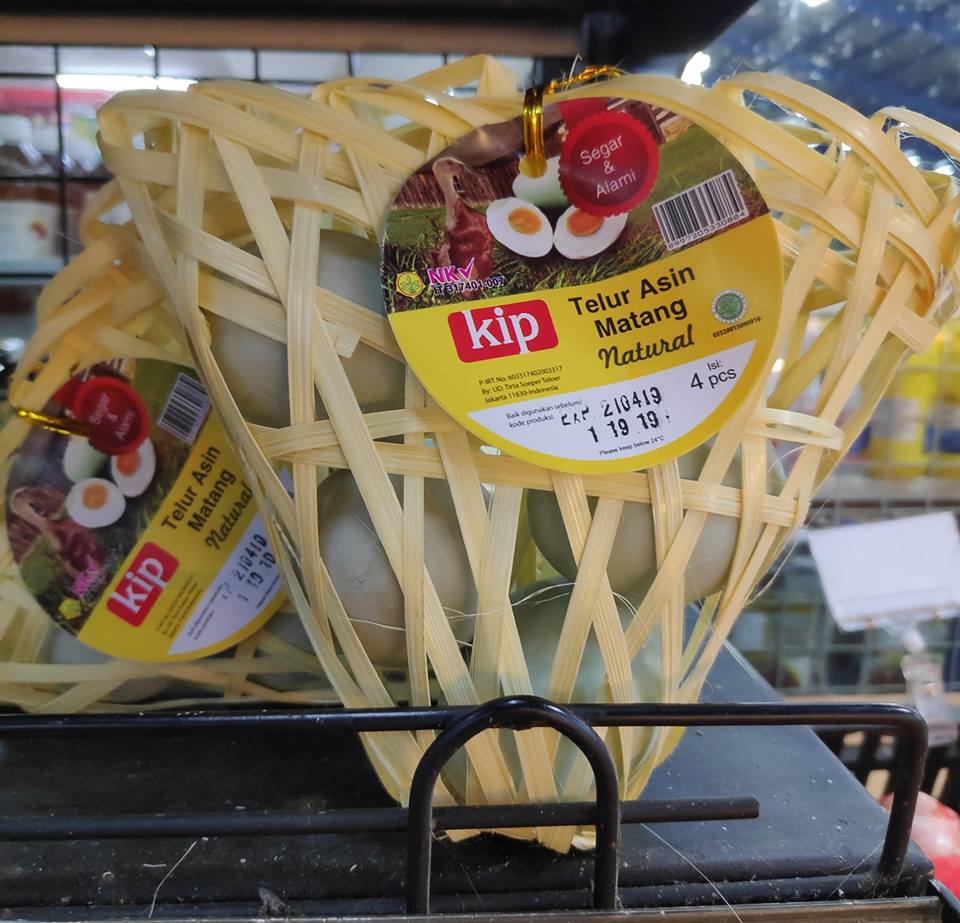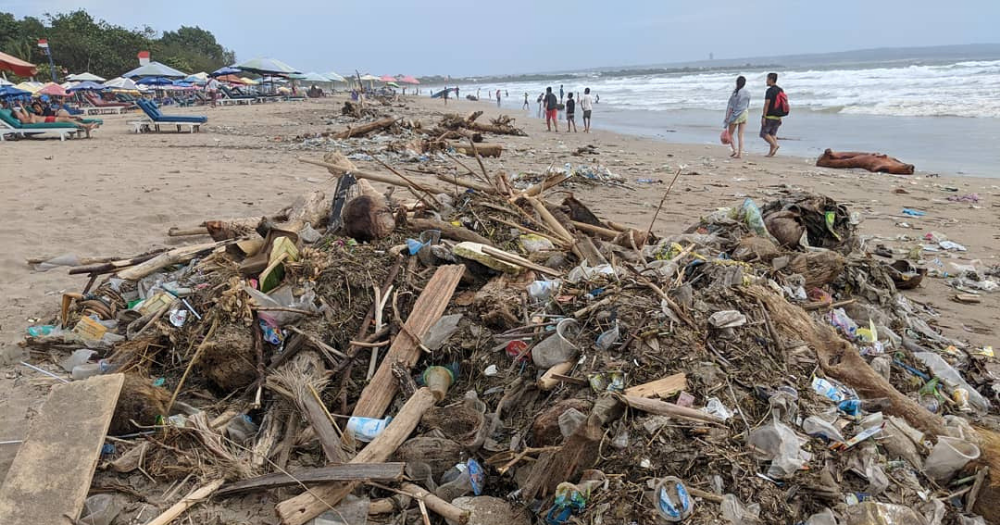A ban on all single-use plastics across Indonesia's holiday island, Bali, took effect on June 23, 2019.
It will be the first Indonesian province to have made such stark efforts to curb marine plastic pollution.
Ban has taken effect after six-month grace period
Bali's governor Wayan Koster first announced the ban on December 24, 2018, according to The Jakarta Post.
The policy was aimed at "producers, distributors, suppliers and business actors, including individuals", with Koster adding that these parties had to replace single-use plastics with other more sustainable alternatives.
Single-use plastics banned include straws, plastic bags and polystyrene, a material used in various items such as styrofoam boxes, coffee cups and takeaway packaging.
It was stated that parties that did not comply with the ban would face administrative sanctions, such as "not extending their business permit". Koster added that action will be taken "if they disobey".
A six-month grace period was implemented upon the December 21 agreement.
In these previous six months, single-use plastic bags were banned in supermarkets, convenience stores and shopping centres in Bali's capital, Denpasar.
Now that the six-months grace period is over, the ban has been extended to the entire island to include traditional markets and modern retailers, reported Gapura Bali.
80% of trash comes from the island
Koster expressed hopes that the ban would help to reduce 70 per cent of Bali's marine plastics by 2019.
The Jakarta Post reported that although the origins of the island's trash are difficult to identify, experts estimate that 80 per cent of it comes from Bali itself.
And of the 1.6 million tonnes of trash that the island produces annually, over 300,000 tonnes consist of plastic.
The tourism industry has also been identified to be a huge source of the trash—tourists, both international and Indonesian, reportedly generate three times more trash than Bali residents.
Waste from hotels and other resorts are dumped in rivers, which carry them out to the sea. However, the trash inevitably makes it way back and washes ashore Bali's coasts.
A recent report also revealed that only half (48 per cent) of Bali's waste was managed responsibly through recycling or landfill, with the rest either burned or dumped in waterways or the ocean.
The ban is likely to help curb the resort island's major waste problem.
Changes being made
One supermarket in Bali made headlines in May with their decision to package vegetables and other groceries using banana leaves instead.
The Bintang Supermarket in Ubud welcomes visitors with a banner announcing that they no longer provide plastic bags.
According to another The Jakarta Post story, the supermarket decided to switch to banana leaves and bamboo straps in March.
 Photo from Bintang Supermarket / FB
Photo from Bintang Supermarket / FB
 Photo from Bintang Supermarket / FB
Photo from Bintang Supermarket / FB
Another outlet in Seminyak has done the same.
The eco-friendly move has since garnered positive reactions from customers, according to a store manager.
Top photo from Tyler Crawford / FB
If you like what you read, follow us on Facebook, Instagram, Twitter and Telegram to get the latest updates.
